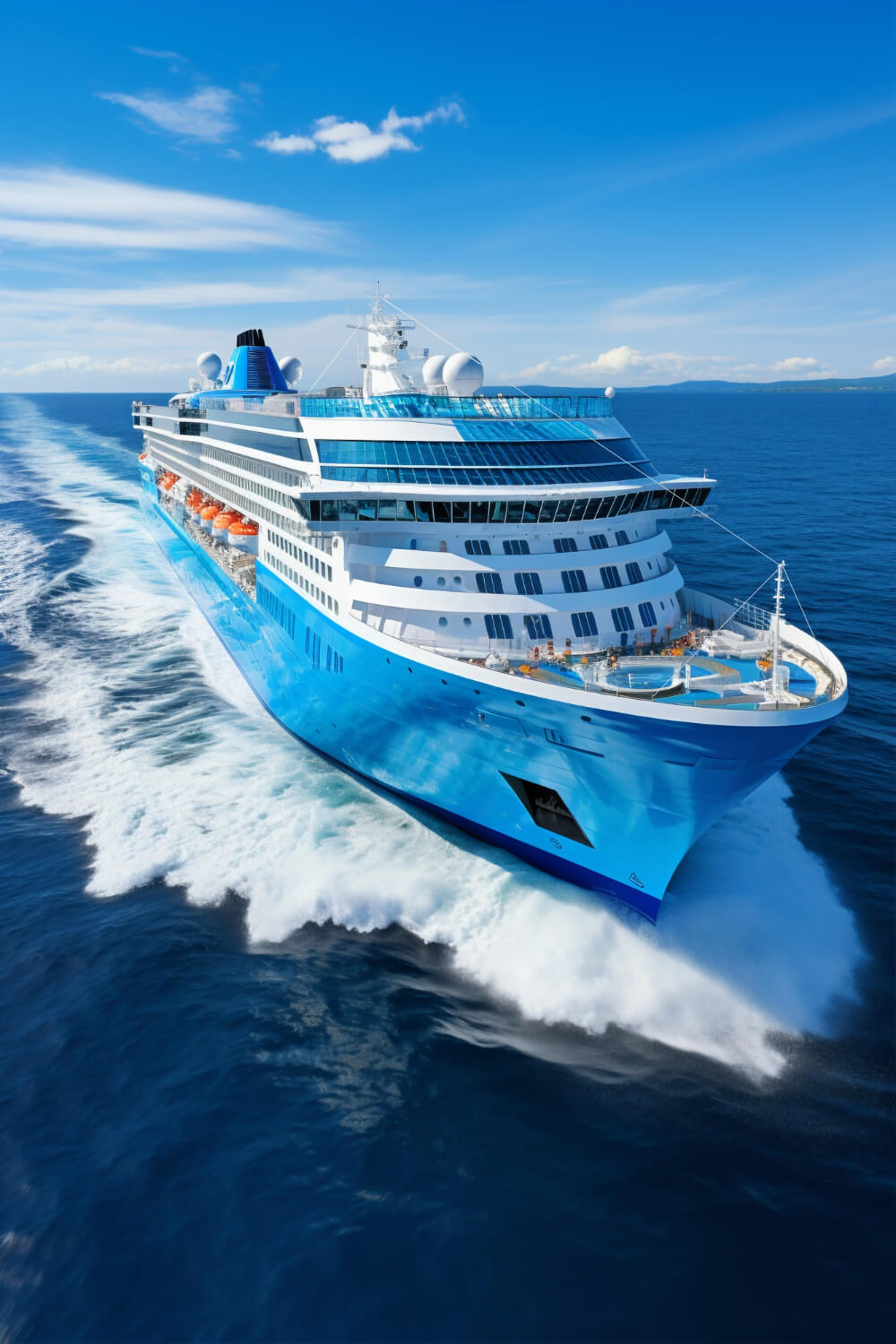


A repositioning cruise is a one-way voyage that cruise lines offer when moving a ship from one region to another, typically between seasonal cruising areas.
These cruises are often priced lower since they're transitioning between regions and might not have the same demand as regular round-trip cruises.
The duration varies, but repositioning cruises often last between 10 days to a few weeks, depending on the starting and ending points.
Yes, these cruises tend to have more days at sea, allowing passengers to fully enjoy onboard amenities.
Absolutely! Since the ship is transitioning between two regions, it often visits ports not typically included in standard routes.
You'd need to book one-way flights to and from the cruise's starting and ending points, so it's essential to factor in potential airfare costs and logistics.
They're offered seasonally, often during the transition between popular cruising seasons like summer and winter.
While core entertainment remains, there might be special events or themed nights tailored to the longer sea days and diverse passenger interests.
It depends on the itinerary and demand. However, given their unique value, they can be quite popular among savvy travelers.
Pack as you would for any cruise but consider the diverse climates you might experience and potential extended sea days.
In most cases, yes. Cruise lines usually allow passengers to use loyalty benefits, but it's always good to check in advance.
Keep an eye on cruise line promotional offers, work with travel agents specializing in cruises, and join cruise community forums or newsletters for alerts.
Most onboard amenities and facilities are operational, but there might be scheduled maintenance or updates during these voyages. It's advisable to check with the cruise line beforehand.
Yes, if the scheduling allows, and you want an extended adventure, you can book consecutive repositioning cruises.
Repositioning cruises, like other cruises, have an environmental footprint primarily from fuel consumption. Many cruise lines are taking measures to offset their impact, such as using cleaner fuels and advanced waste management systems.


